Shareholders, partners, members, and directors come together to run a business. However, sometimes the parties may have conflicting interests which interfere with the business’s progress. Usually, parties work together to meet a common goal and work in the interest of the business. When the board makes decisions that aren’t in the company’s interests, shareholders can bring a claim against them for breach of fiduciary duty. These conflicts are challenging and legally draining hence the need for legal representation.
Our attorneys represent directors, shareholders, members, and partners in shareholder claims and fiduciary duty. We offer legal representation for cases involving the oppression of minority shareholders, and ownership disputes, among others.
What Is Fiduciary Duty?
Companies often attract situations that apply fiduciary duty. Fiduciary duty is imposed on a person in an organization who exercises some power on behalf of another person’s interests in a manner that requires trust and confidence.
Fiduciary duties are critical to the operation of businesses, especially where there is a relationship imbalance. For instance, company directors have information and access, while the beneficiary has limited capacity to oversee the actions of the acting entity.
According to the Uniform Fiduciaries Act in North Carolina, a fiduciary can include administrators, agents, partners, and officers in a corporation acting on fiduciary duty on behalf of a principal. A principal is a person to whom a fiduciary duty is owed.
If you work in a corporation, invest in one, or are involved in a business, you likely owe a fiduciary duty to someone, or someone owes it to you. It is the highest duty owned in law and is an obligation to act in good faith and loyalty.
What’s more, if you owe someone fiduciary duty, you should not have any conflicts of interest, and if you do, you are required to disclose it. You should practice a degree of loyalty and care that does not allow violations or intentional or neglectful harm to the beneficiary’s interests.
Fiduciary Abuse Litigation
When a person is in breach of fiduciary duty, it means that:
- their actions were not in good faith in the interests of the beneficiary
- the acting entity had a conflict of interest and acted to benefit themselves
- the acting entity did not act with the care and diligence a prudent person would
In North Carolina, directors and officers in companies are required to show care, loyalty, and good faith in their actions as far as their capacities in an entity. However, some directors do acts against their fiduciary duties.
An example of a breach of fiduciary duty is a director that sells company shares to friends and family at a discounted price. Another example is if a director allows the purchase of a company without performing due diligence to prove the value of the company.
If a director or the board of a company makes decisions that aren’t in the interest of the beneficiaries, the shareholders can bring a case against them. The shareholders would bring a case on behalf of the corporation against the acting entity. This type of fiduciary duty litigation is called a shareholder derivative claim.
Common Defenses Against a Breach of Fiduciary Duty Claim
However, the North Carolina Law, section 55-8-30, establishes the business judgment rule, which protects directors against shareholder claims. This section gives directors the flexibility and freedom they need to make decisions without shareholder speculation and second-guessing.
As a director, you enjoy protection from making decisions that are poor in hindsight, as long as they are made in good faith, care, and not for your self-interest. If you can prove that their decisions were based on information you believed to be factual and reliable, you can use this rule to defend yourself against breach of fiduciary duty claims.
North Carolina Shareholder Claims
North Carolina General Statutes Section 55-16-02 holds that qualified shareholders have a right to inspect and copy business records as allowed by the law at any point in the day during regular business hours. As the shareholder, you should give the corporation a five-business day notice before the day of the said inspection.
You can inspect and copy:
- The articles of incorporation
- Company by-laws
- Board resolutions
- Minutes from shareholder meetings
- Records of actions taken without meetings within the past three years
- Business addresses
- Recent annual reports
You must also show that your request for the documents is in good faith. Suppose you are a shareholder with high standing in a corporation. In that case, you can access other documents such as minutes from board meetings and accounting records, provided that you show that the documents are connected to their request.
In some cases, the corporation may deny you (the shareholder) the opportunity to review the documents. If there is reasonable cause for your inspection, the court can mandate an inspection and also award you damages for the attorney fees, labor, and material costs. It’s worth noting that if the corporation allows the inspection, you will cover the attorney fees and costs of material and labor to prepare the documents.
Determining Damages Due to Breach of Fiduciary Duty
When you bring a claim against a corporation officer or a board member, it’s important to consider the damages you can recover from the claim. The available remedies for breach of fiduciary duty include:
- Profits lost as a consequence of the breach
- Mental anguish caused by
- Exemplary or punitive damages
- Out-of-pocket costs
- Profit disgorgement (the distribution of illegally gained profits to the beneficiaries)
Other reliefs available include;
- Rescission of the contract with the acting officer. Rescission dissolves a contract and returns all parties to their previous positions before the contract
- Receivership- this is a situation where the company is placed under the responsibility of another party
- Injunction- a legal relief where the court mandates the defendant to seize specific operations
It’s important to note that damages cannot be recovered if there was no damage to the company. The defendant may be in breach of duty, but if not damage occurred, then the claim may be invalid. Chisum vs. Compgana proved this where the judges awarded the claimant $1.00 in damages to recognize that the defendant had indeed committed a wrong, but no fault had occurred.
Our Fiduciary Litigation Team Can Help
If you suspect a fiduciary in a company has acted improperly, Fiduciary Litigation Group can help – contact us today to schedule a consultation!

